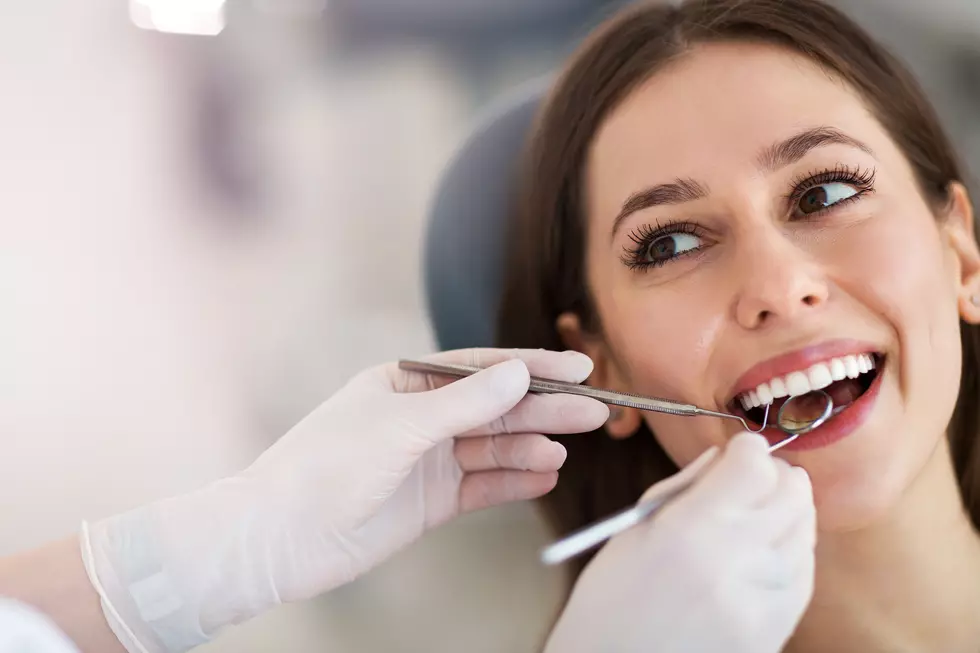
Rutgers expert urges you to keep dental appointments during pandemic
COVID-19 has put a spotlight on the consequences of going without dental care.
Oral health is important in general,pandemic or not, said Cecile Feldman, dean of the Rutgers School of Dental Medicine. She said it impacts a person's ability to eat, sleep and the overall view of an individual.
But during a pandemic, it's even more critical that people continue to see their dentists regularly. She said there have been many instances where people have delayed going to the dentist and problems have escalated. Those include infections, periodontal disease and broken teeth. For people getting crowns or bridges, teeth shifted because they couldn't see their dentist.
Feldman also said many people have dirty teeth due to putting off routine cleanings. There's also anecdotal evidence that indicates a rise in teeth grinding due to the stress and anxiety caused by the pandemic.
For those who are immunocompromised, it's important to pursue regular dental care because the mouth can be a prime site for infection, said Feldman. Mouth infections can spread to other parts of the body including the brain and the heart.

Before the pandemic, there were other obstacles to accessing proper dental care. The largest, of course, tends to be financial. According to the American Dentistry Association, 33.6% of Americans lack dental coverage. Many have trouble affording care even with dental insurance.
Besides financial woes, there are other obstacles, said Feldman. Feldman said it can be difficult to get to the dentist when mom or dad are supposed to be at work.
While there are a lot of programs in New Jersey to help with financial assistance, it can be difficult to find an oral care provider that accepts Medicaid.
Feldman said New Jersey can find ways to make sure every resident has affordable and accessible dental care. One way would be to regard dental health with general health for insurance purposes. Employer health care coverage grew popular the 1960s as a way for industries to offer workers something without raising wages but dentistry was not considered part of health.
Reducing administration expenses would incentivize more dental health providers to accept Medicaid, Feldman said.
Feldman said New Jersey should also increase its low reimbursement for providers that participate in Medicaid.
More From Townsquare Media News:
Things I Am Looking Forward To Doing Post-Quarantine
More From 92.7 WOBM









